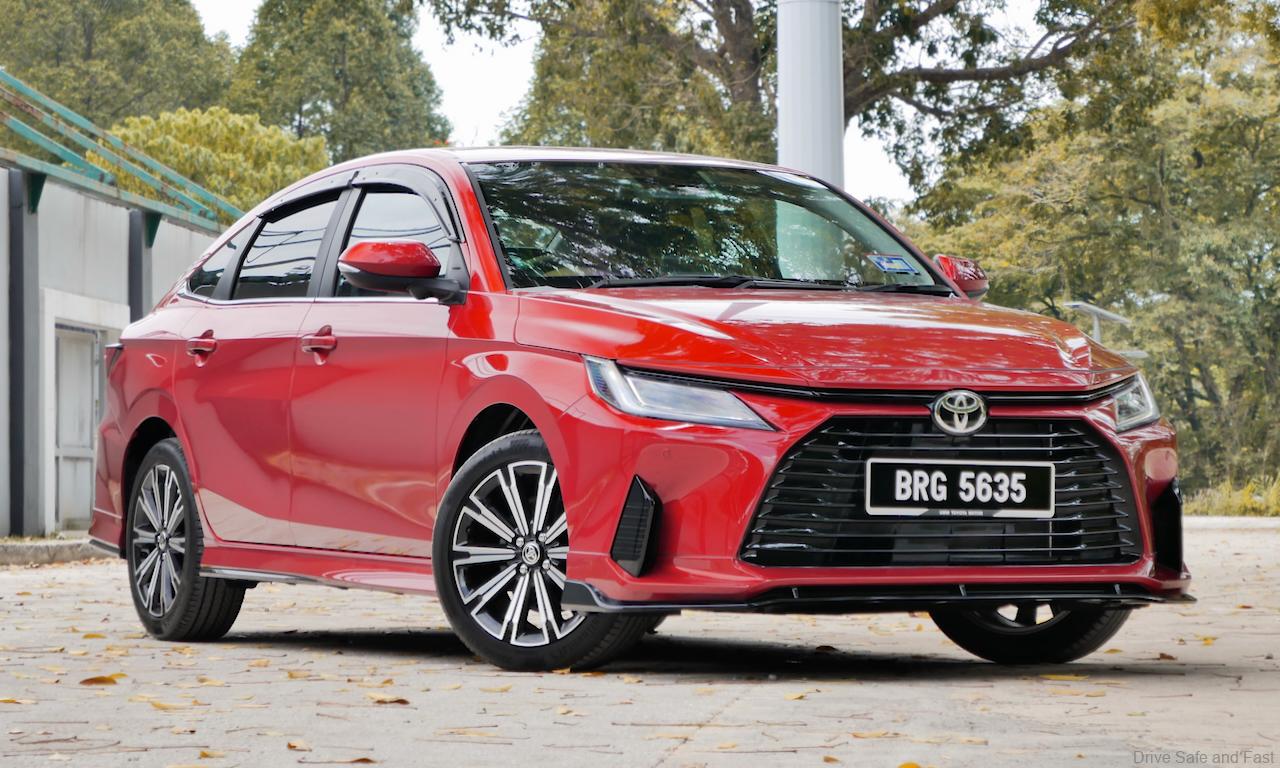New cars are still affordable despite high inflation and a slowing economy says Kenanga
Research by Kenanga found that in the space of non-national brands, automakers are shifting away from the highly competitive low-margin segment such as 7-seater SUVs and focus on premium products that will appeal to the middle-income group such as those offered by Bermaz Auto Bhd. So why is that?

It has been reported by multiple sources that the rate of inflation is high right now and the economy is slowing down yet automakers like Honda, for instance, replaced its 7-seater SUV, BR-V with the new compact 5-seater WR-V, raking in 7,300 units in bookings and 3,300 units delivered just within a few months after launching.
Moreover, it is also said that car buyers are spoilt for choice with new launches including the upcoming Perodua D66B (a B-segment SUV), Toyota Innova Zenix, CKD Mazda CX-30, Peugeot Landtrek, Peugeot e-2008 electric vehicle (EV), Kia Sorento, Kia Sportage, Kia Carens, Honda WR-V, Honda CR-V, Toyota Vios, Toyota Yaris, Toyota GR86, Toyota GR Corrolla and Nissan Serena.
In a sector update on Wednesday, the research house also stated that the industry’s earnings visibility is still strong, backed by a booking backlog of 235,000 units. Kenanga said a new car is still an affordable luxury for most Malaysian households despite the high inflation and a slowing global economy.

On top of that, the research house explained, “We now see greater opportunities in the affordable segment, as it will be less affected by the targeted fuel subsidy, which may dent demand for mid-market vehicles, as it will erode spending power of the middle 40 percent income group.”
The research house said that additionally, vehicle sales will be supported by new battery electric vehicles (BEVs) that enjoy sales and service tax exemption and other electric vehicle facility incentives up to 2025 for completely built-up units, and 2027 for completely knocked-down units.

It said BEV registrations had leapt significantly for the past two years (from 274 units in 2021 to over 3,400 units in 2022 and 7,500 units by September 2023), and are on track to meet the national target for EVs and hybrid vehicles, which is 15 percent of TIV by 2030, and 38 percent by 2040.
“Meanwhile, the government’s pledge to enable charge point operators to secure faster approvals for installations provides comfort, as currently, only 1,246 EV charging stations have been built to date.” said the research house.

We got all this from Kenanga and their full article is linked here. Thank you Kenanga for the information.